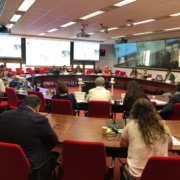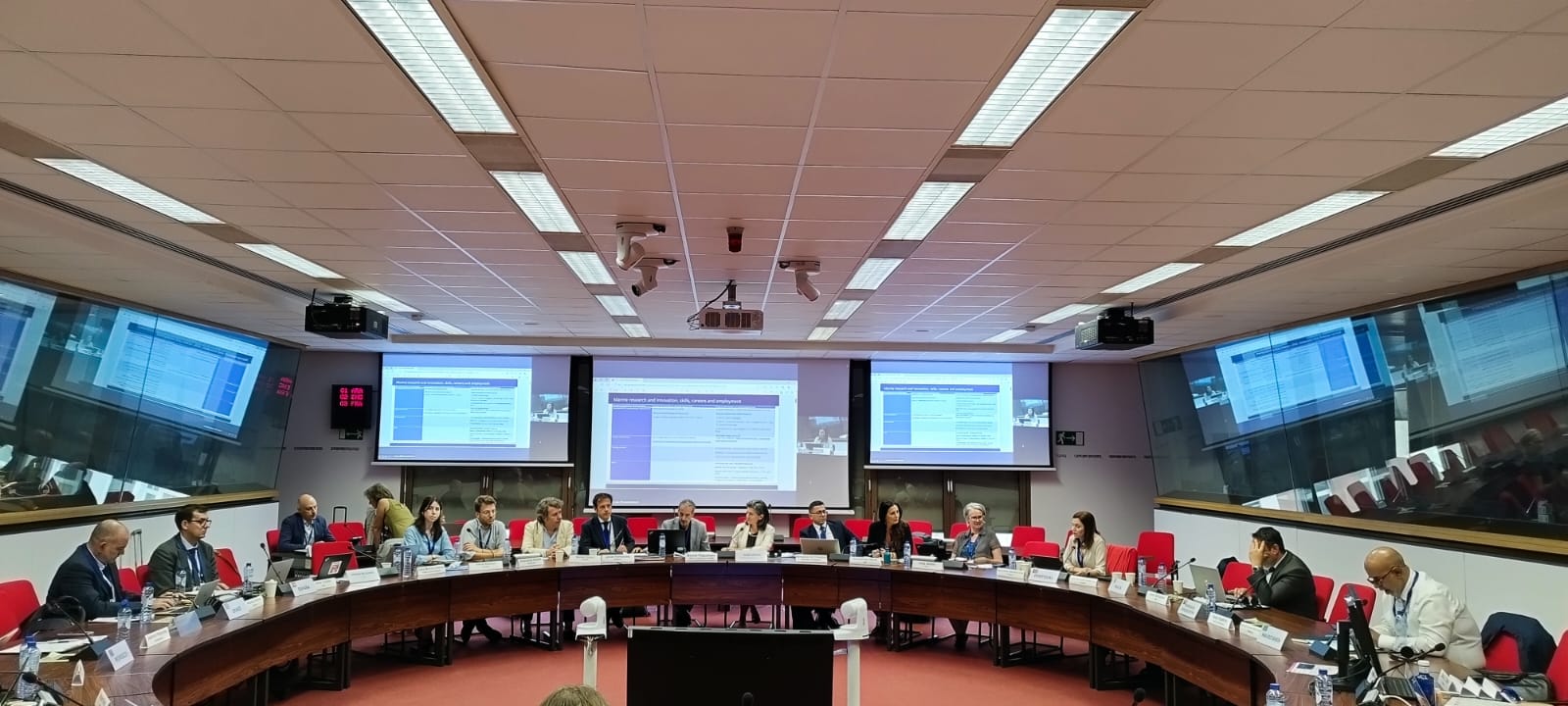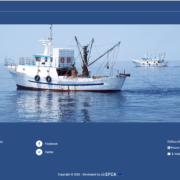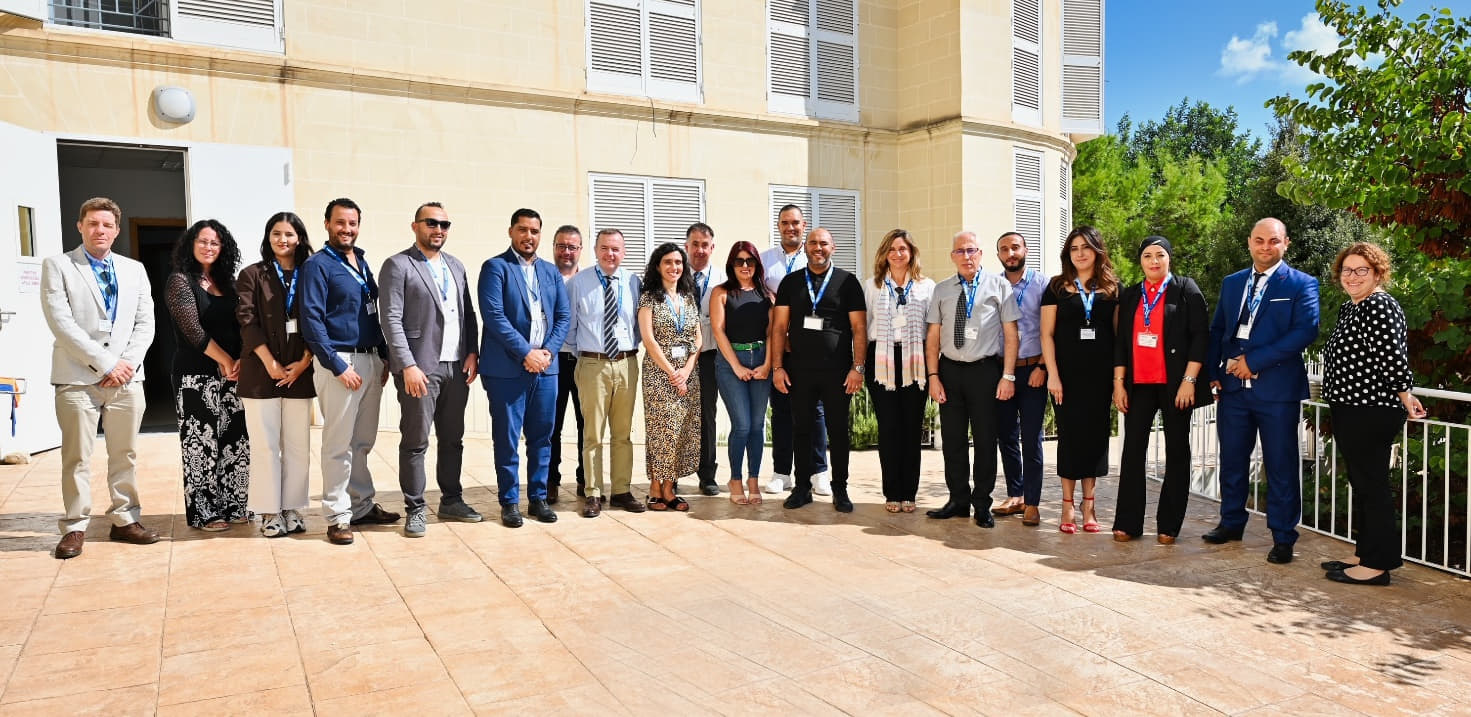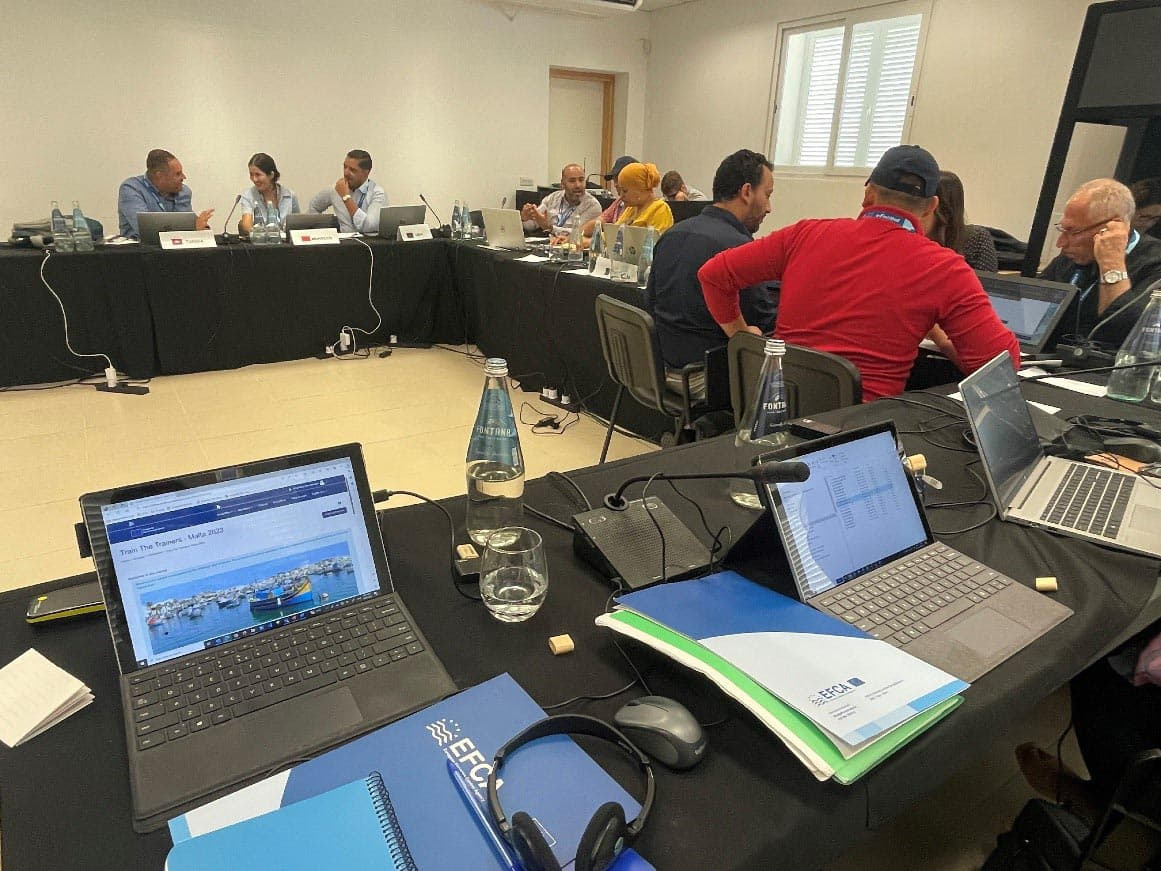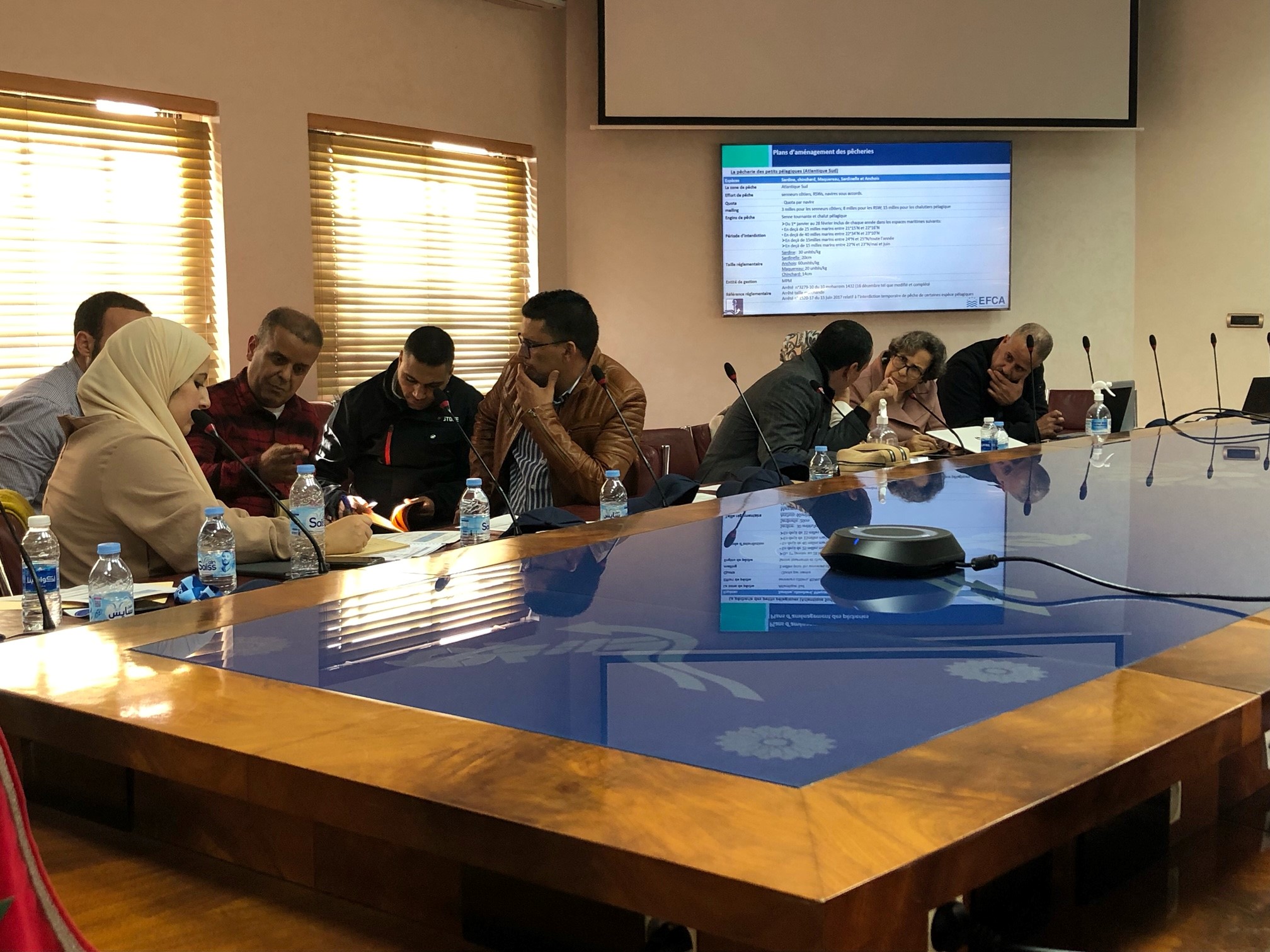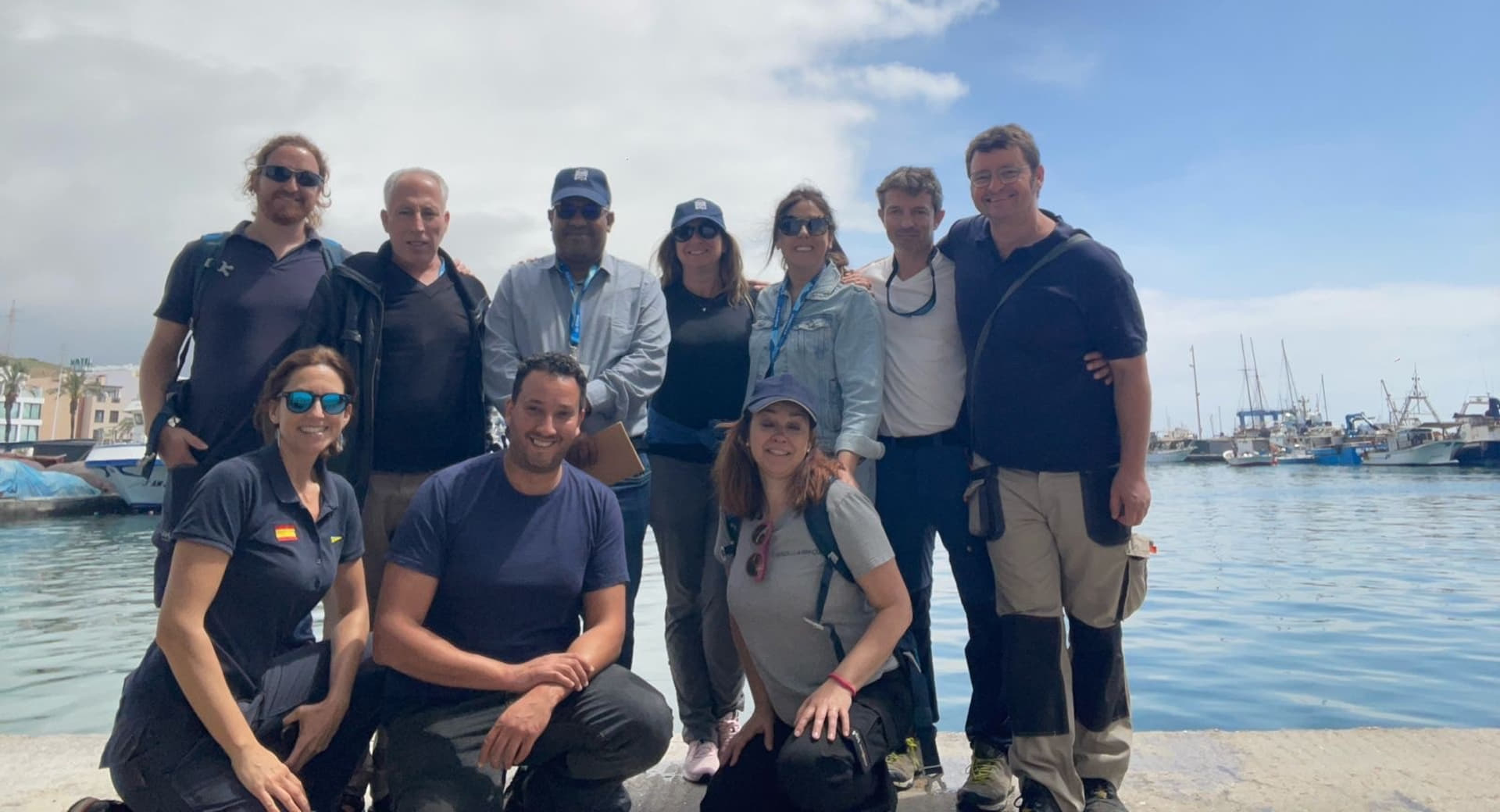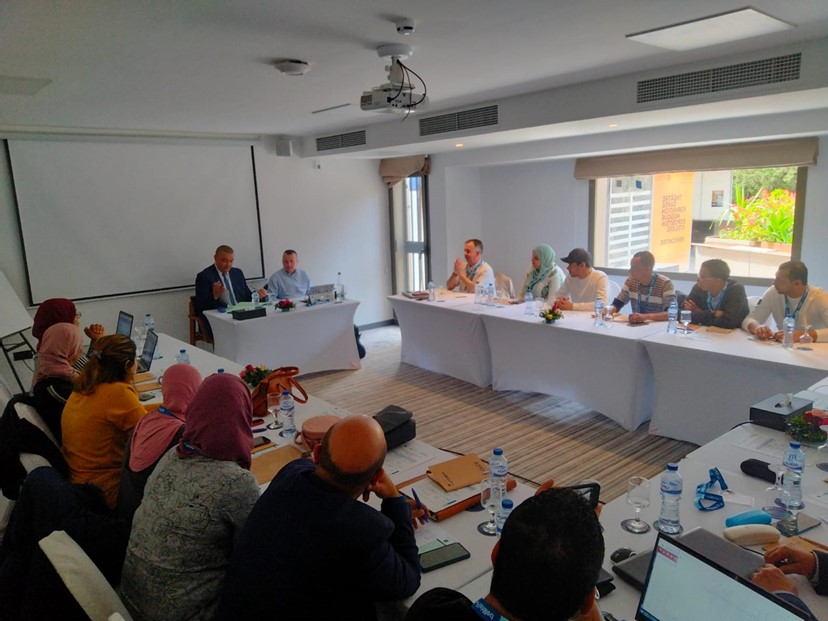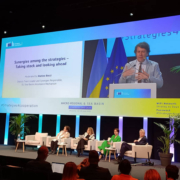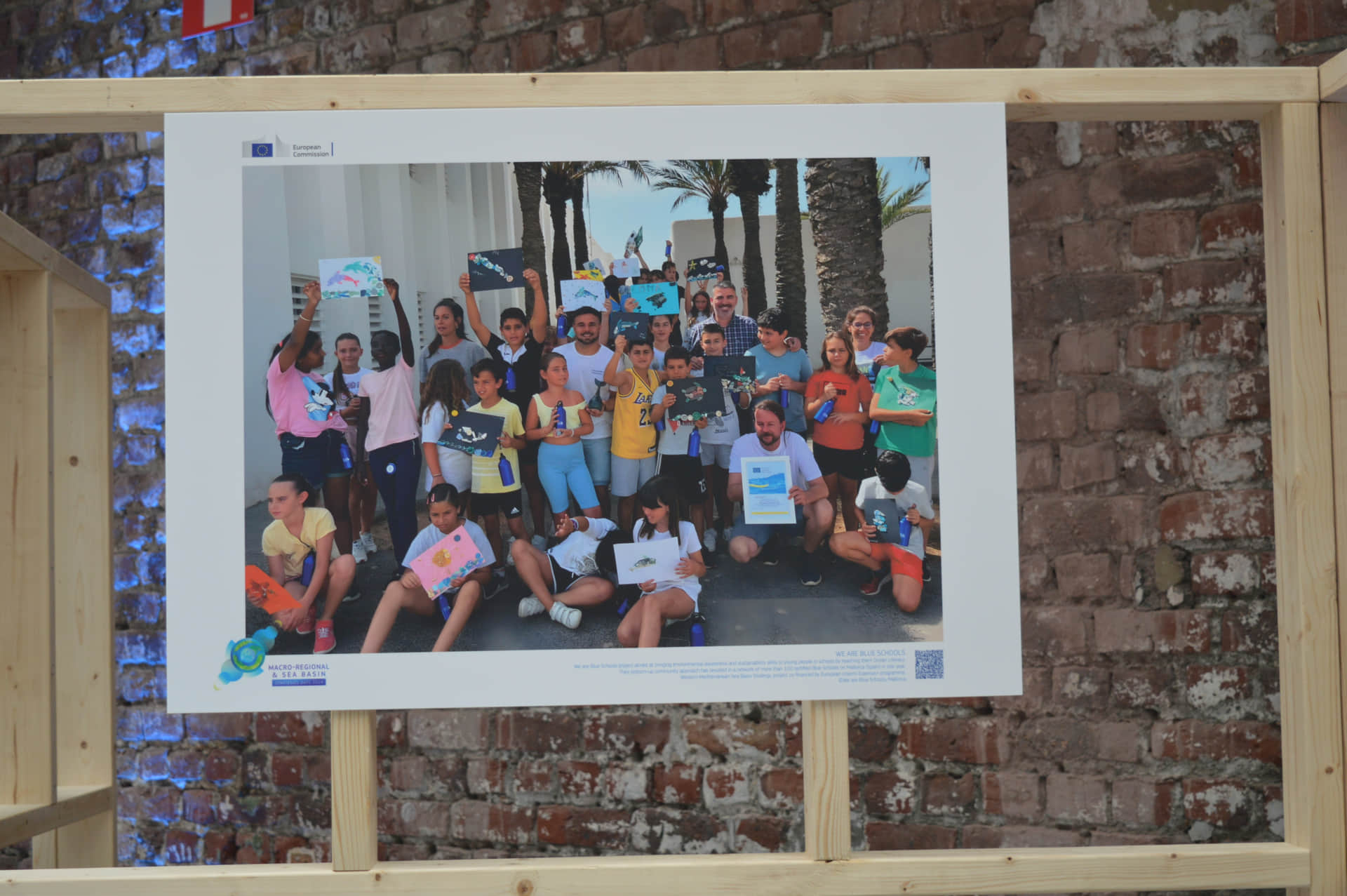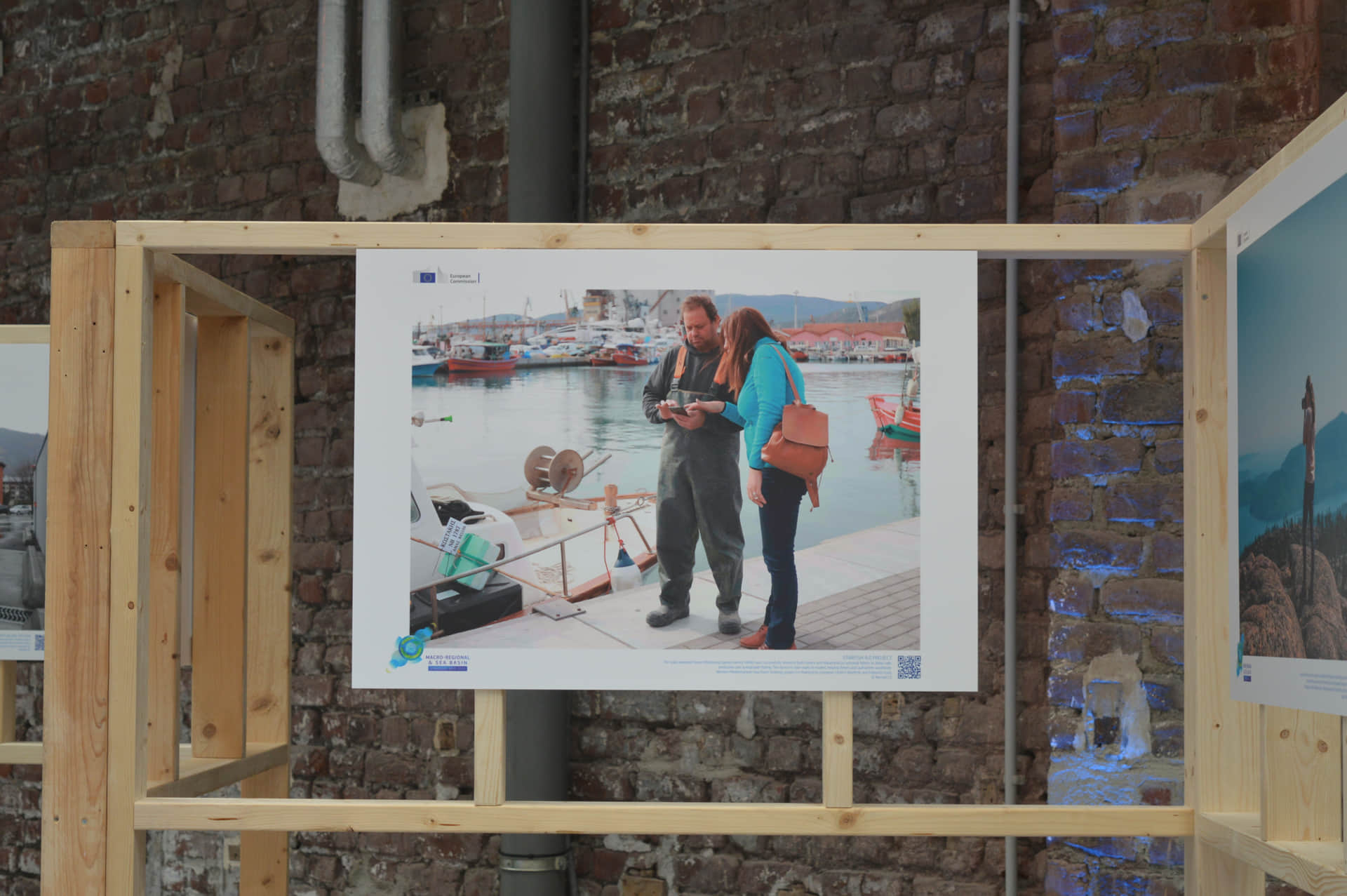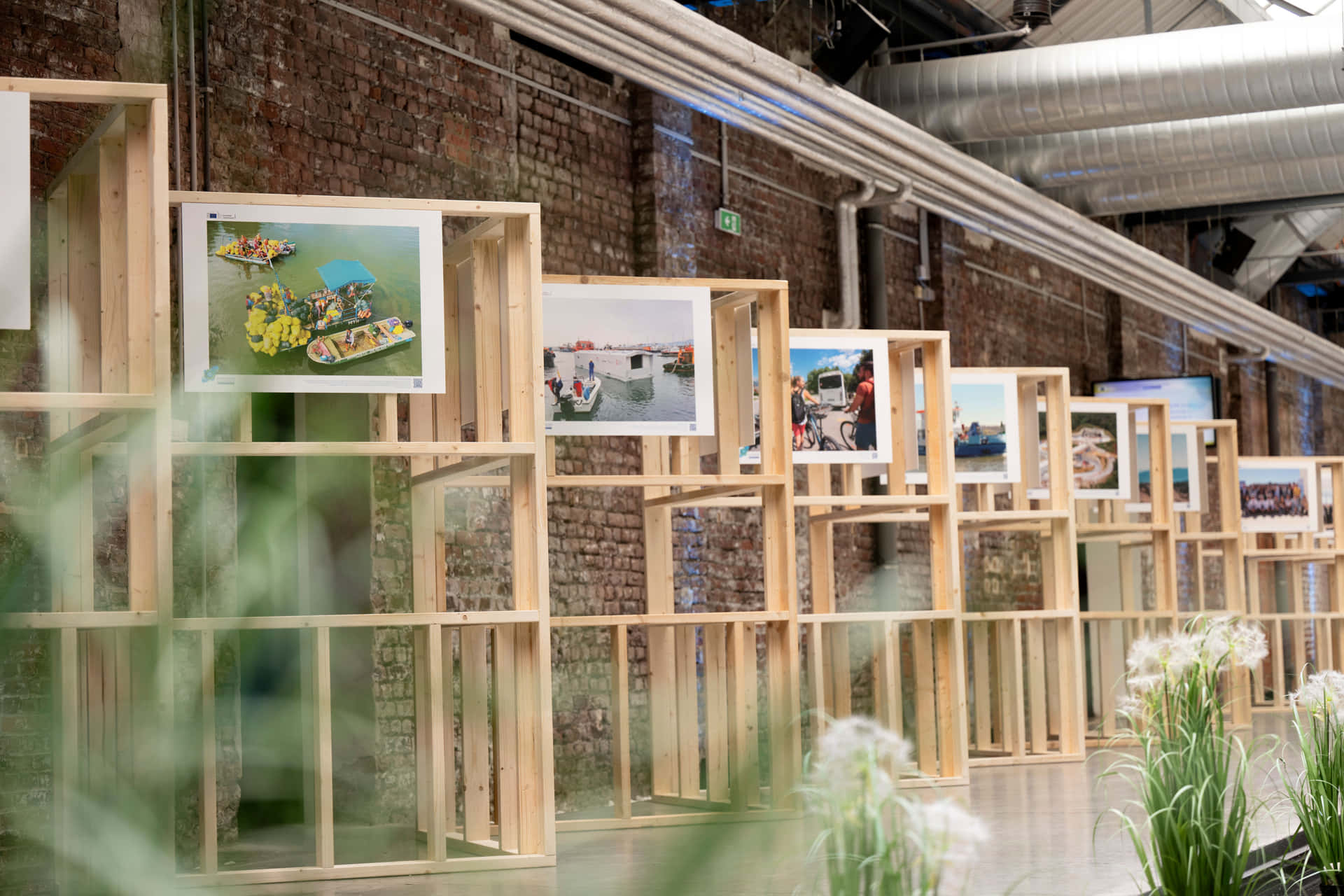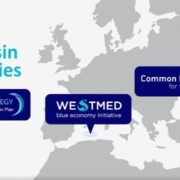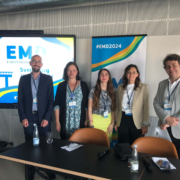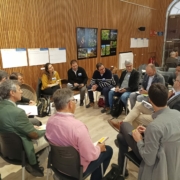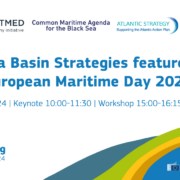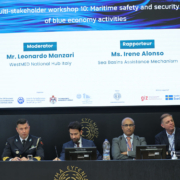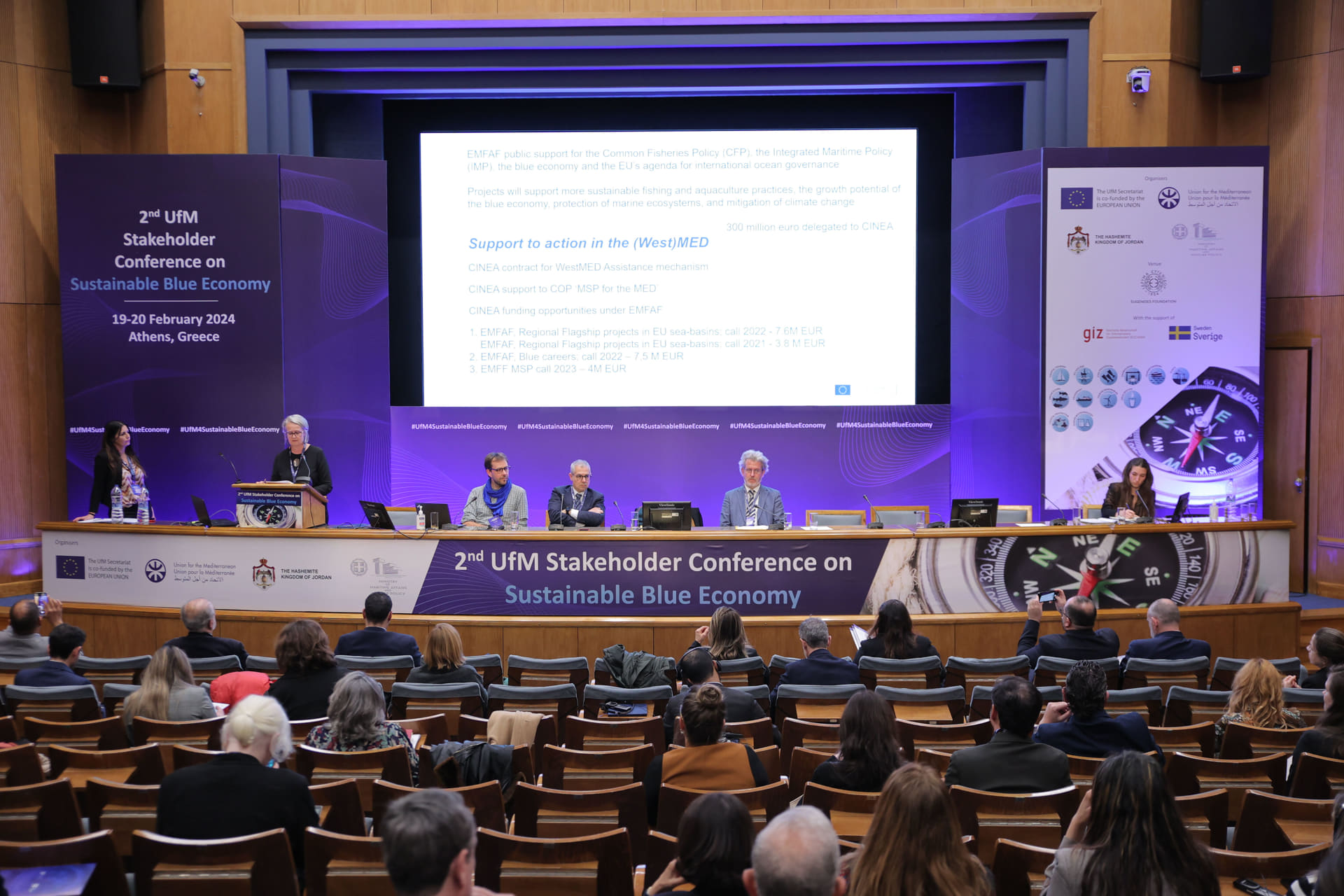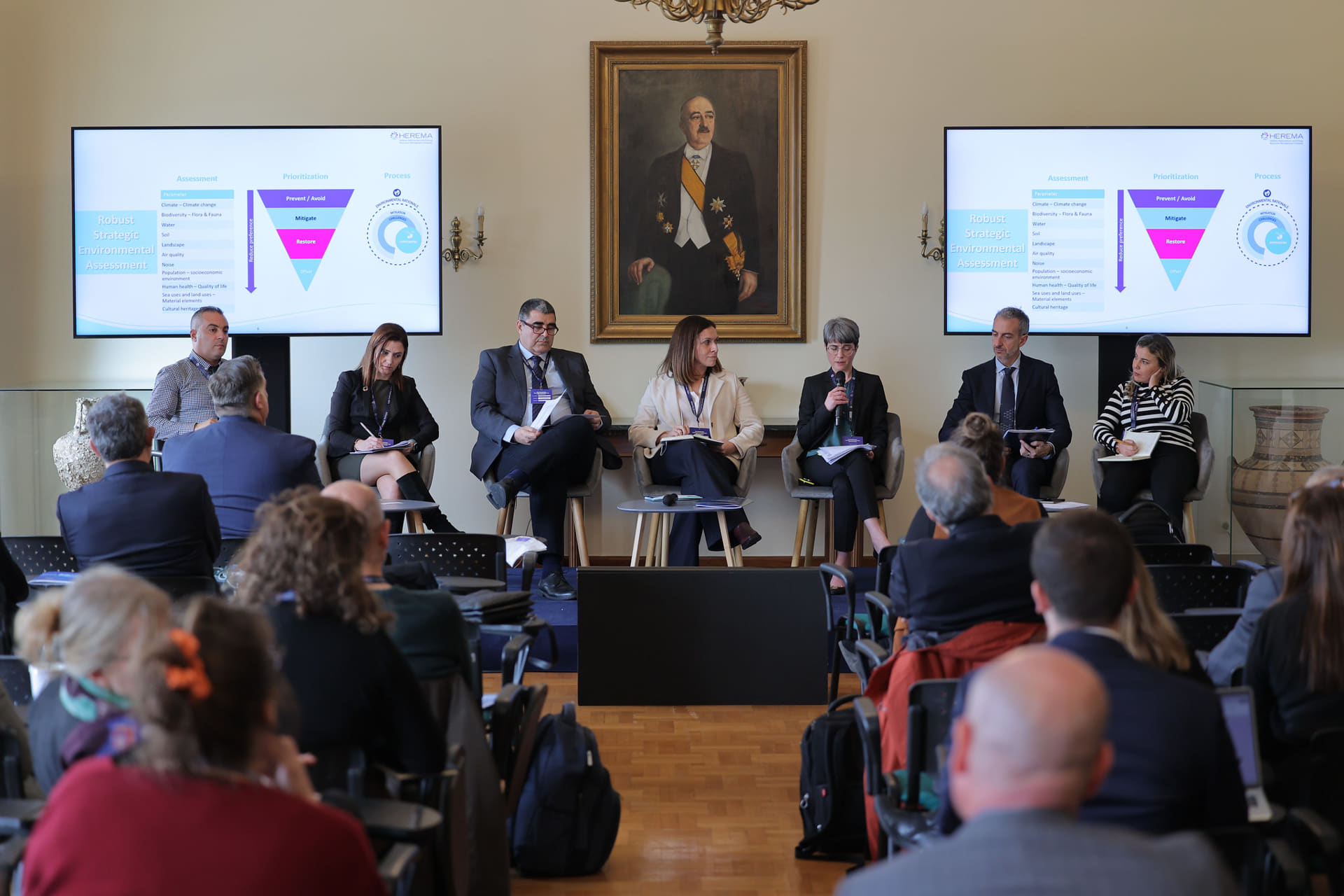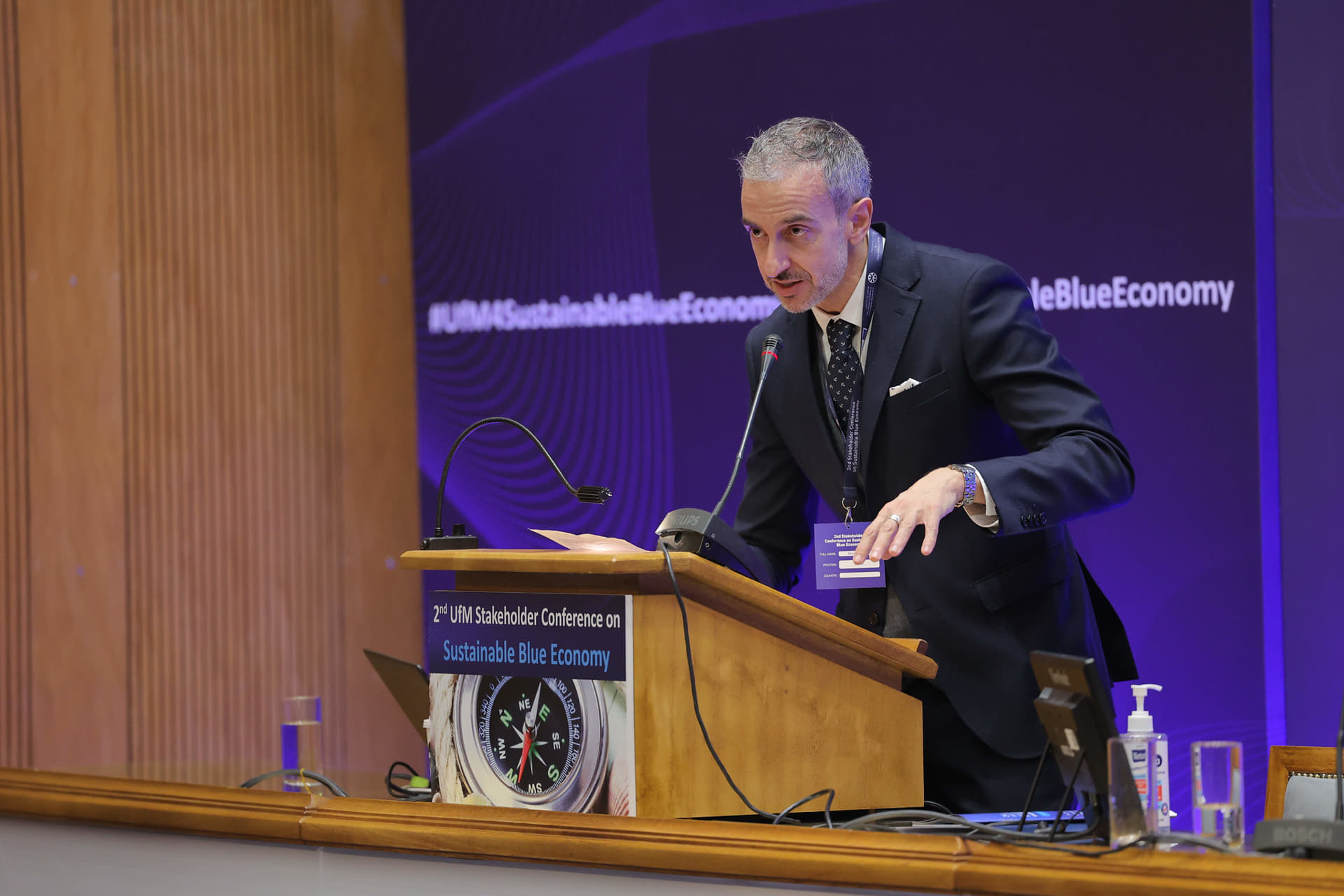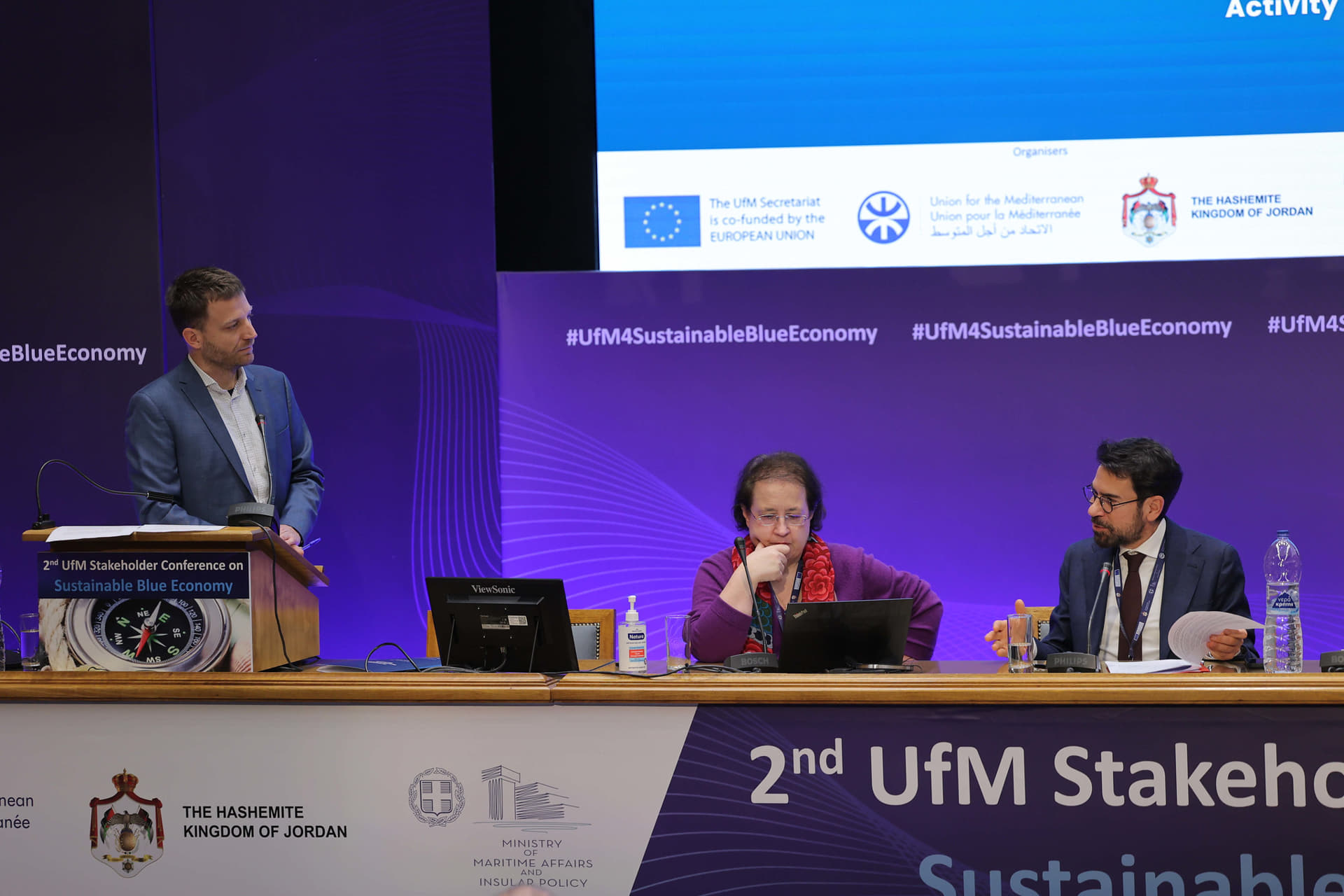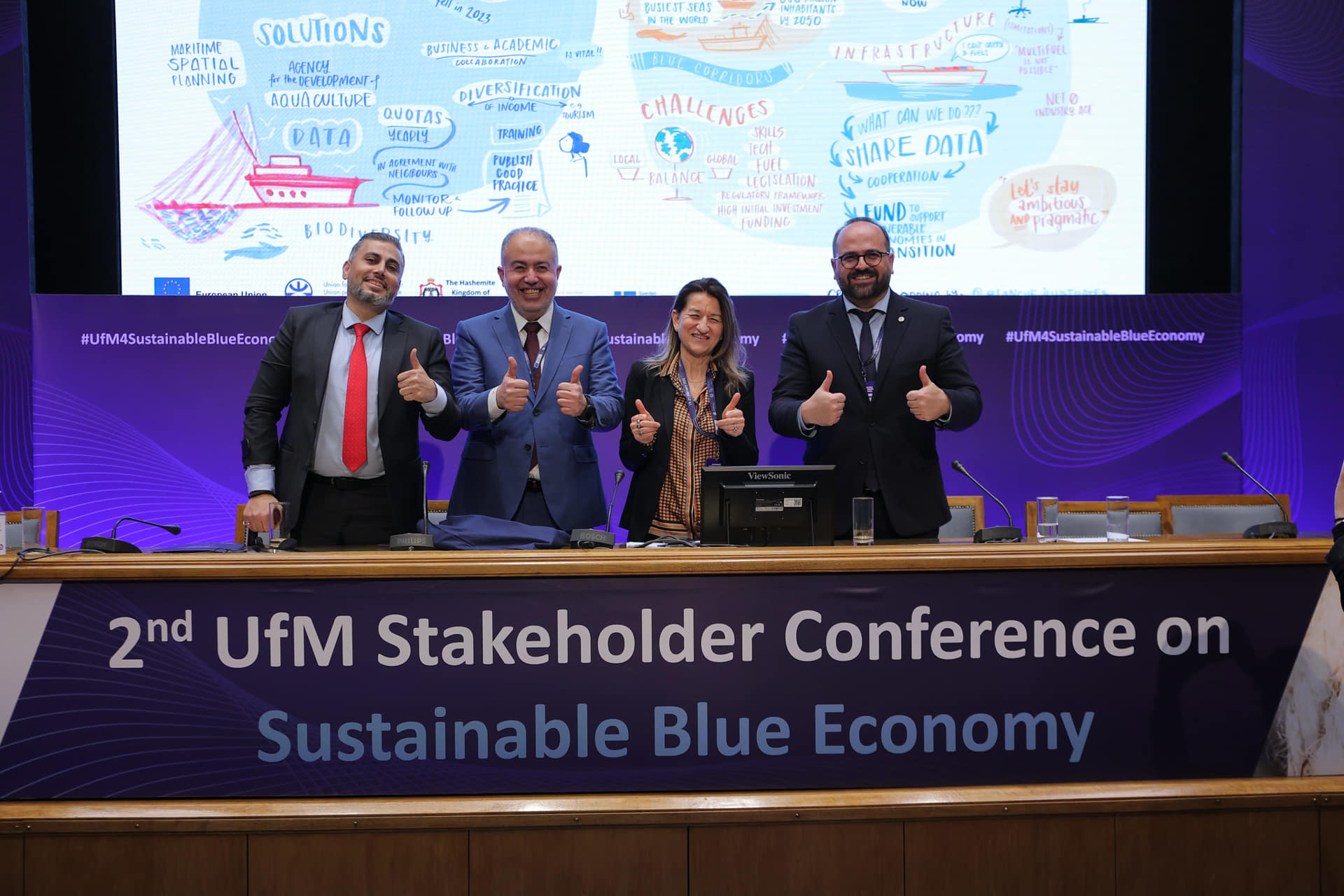WestMED Stakeholders gather in Portugal for a 3-day agenda on the Blue Economy
Three full days have been dedicated to enhancing synergies among key actors in the Mediterranean basin: The WestMED Steering Comittee (SC) on October 1, The UfM Regional Platform on the Blue Economy on October 2, and the WestMED Hackathon on October 3, 2024.
WestMED Steering Committee
The WestMED Steering Committee (SC) was hosted by the Region of Algarve and the Portuguese Co-Presidency.
The meeting gathered representatives from the WestMED countries, as well as the Observers, DG MARE, CINEA, UfM and the team of the Assistance Mechanism.
A key milestone was presented at the SC meeting in terms of cooperation and clustering within the Mediterranean region. On 29 September 2024, the first maritime cluster has been officially established in Libya with the support of the WestMED Initiative. This maritime cluster will be rolled out in the coming months. (see article on this announcement).
Updates on the WestMED Technical Groups (TGs) were presented by the Assistance Mechanism, in particular to the recently approved TG on Sustainable Tourism. There has been a call for Tourism experts to join, and there has already been a stakeholder group meeting on September 6 and an advisory group meeting on September 18 to prepare for the official launch at the Sun&Blue Conference on November 21.
The WestMED countries are fully committed towards a more sustainable and resilience tourism section in the Mediterranean. Some countries are working to promote more environmental-friendly tourism alternatives such as pesca-tourism and sustainable scuba diving at artificial reefs.
In view of the willingness of the WestMED Initiative towards enhancing more synergies and cooperative dialogue with the African countries, DG MARE presented the Strategic Dialogue on the Africa-Europe Ocean Economy. A scoping report has been produced outlining way to strengthen cooperation between Africa and Europe on ocean governance and blue economy, from which to forge a mutually beneficial roadmap for the two continents in line with the 2030 UN Agenda and its Sustainable Development Goals and the African Union’s Agenda 2063.
UfM Regional Platform on Sustainable Blue Economy
Back-to-back to the WestMED Steering Committee, the UfM Regional Platform took place on 2 October 2024
The UfM Secretariat introduced the most recent advancements on the update of the Roadmap for the implementation of the 2021 UfM Ministerial Declaration on Sustainable Blue Economy. On the monitoring, reporting and evaluation mechanism, an exhaustive exercise is being done based on 657 actions, activities and projects of regional cooperation in the Mediterranean.
The UfM is going to shortly launch the new edition of the UfM Sustainable Blue Economy Publication, which provides an update on the status of the key blue economy sectors in the Mediterranean, including transversal aspects such as blue skills, marine research and funding frameworks. The previous edition of this 2021 publication can be found here.
On this occasion, the UfM Regional Plan for Transport was presented by Francesc Carbonell. Further synergies are being sought between the WestMED Technical Group on Green Shipping and Ports and the UfM Regional Plan for Transport, to address the common challenges of the sector in the Mediterranean.
Further updates were presented in terms of the Community of Practice on MSP (Smart Specialization Strategies – S3, Mission Restore Our Oceans by 2030 and BlueMissionMed, Interreg Euro-Med and strategy dialogue on the Africa-Europe Ocean Economy.
On the funding opportunities, updates were presented in the Blue Mediterranean Partnership, Interreg Next-MED and the Sustainable Blue Economy Partnership.
WestMED Hackaton 2024
On 3 October 2024, 85 stakeholders from more than 20 countries met in Vilamoura, Portugal to discuss project ideas and possible funding sources. This was already the 3rd hackathon after previous sessions in Palermo (2019) and Malta (2022).
Watch all WestMED Hackathon ’24 presentations: dedicated playlist on WestMED’s YouTube channel
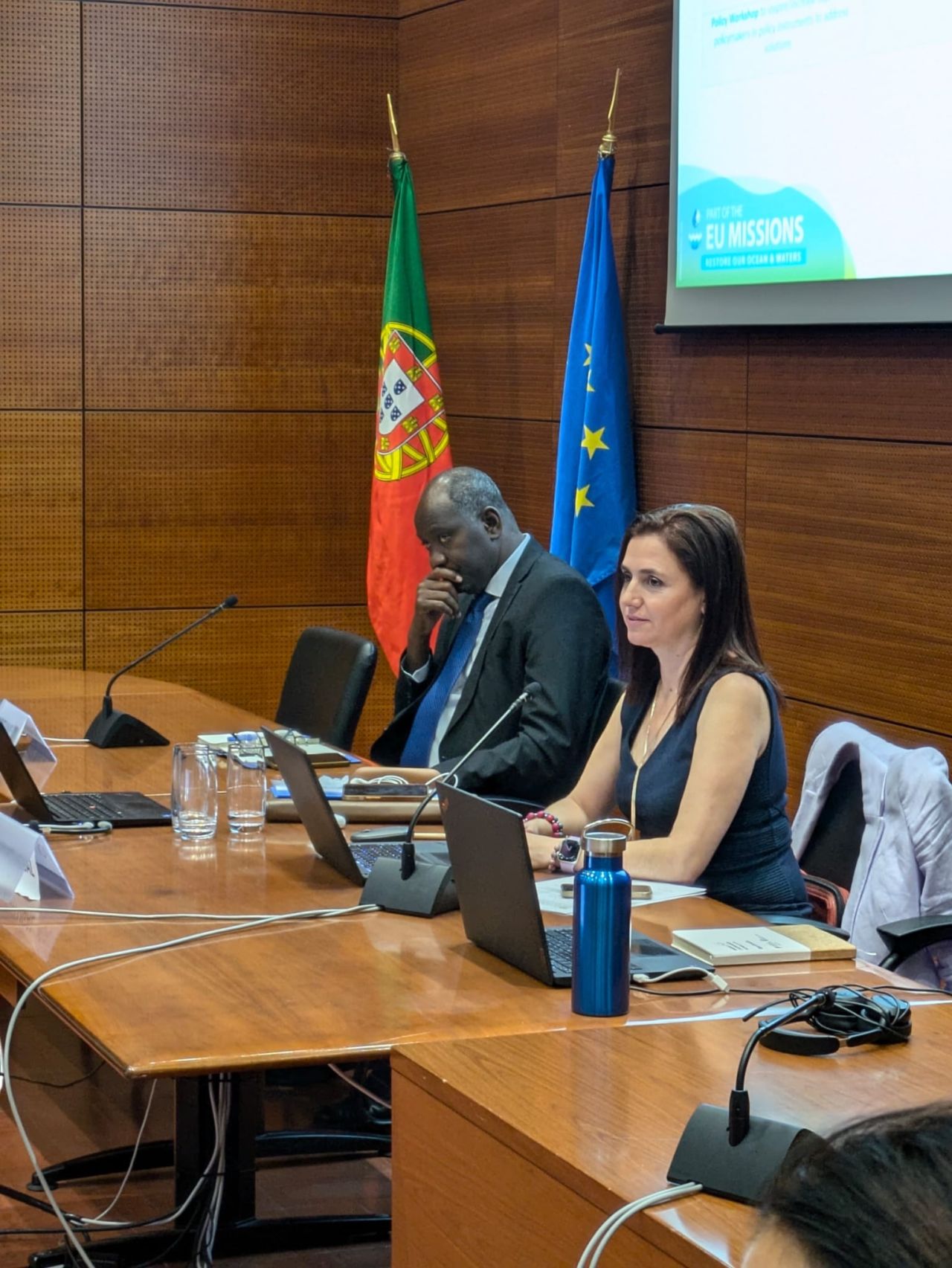
Marisa Lameiras da Silva (Portugal) and Demba Diawara (Mauritania) co-chairing the WestMED Steering Committee | Copyright photos: DGPM


